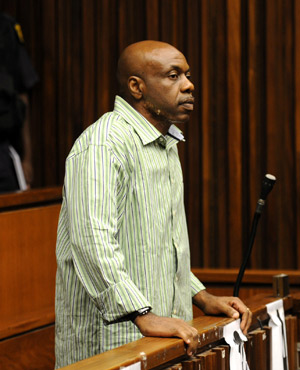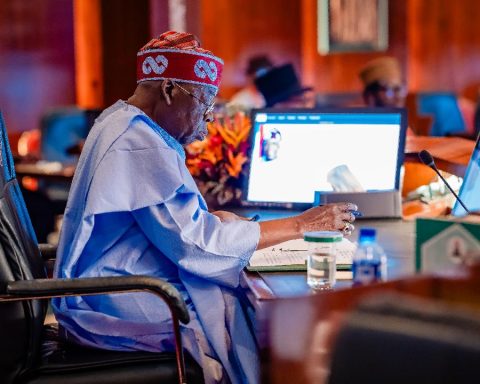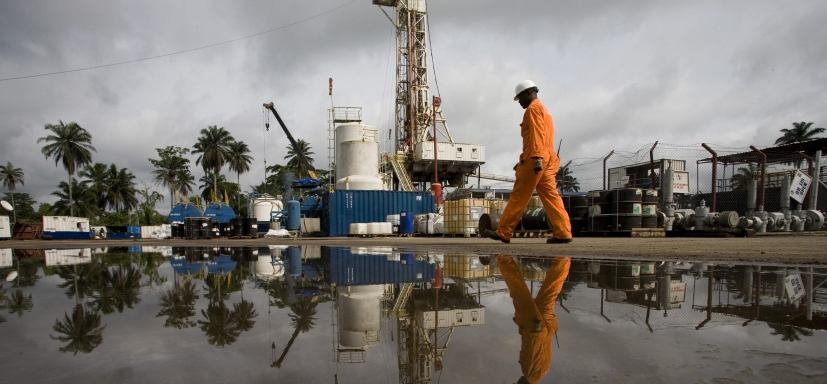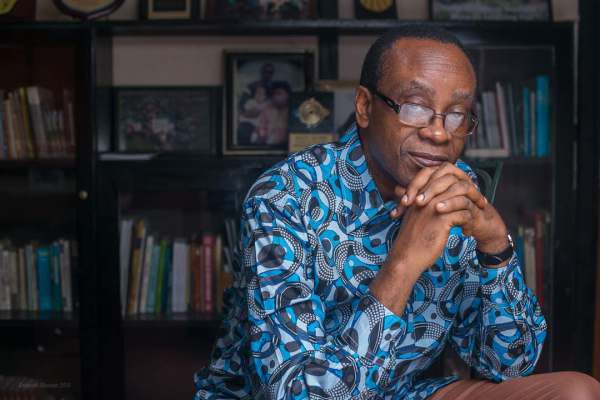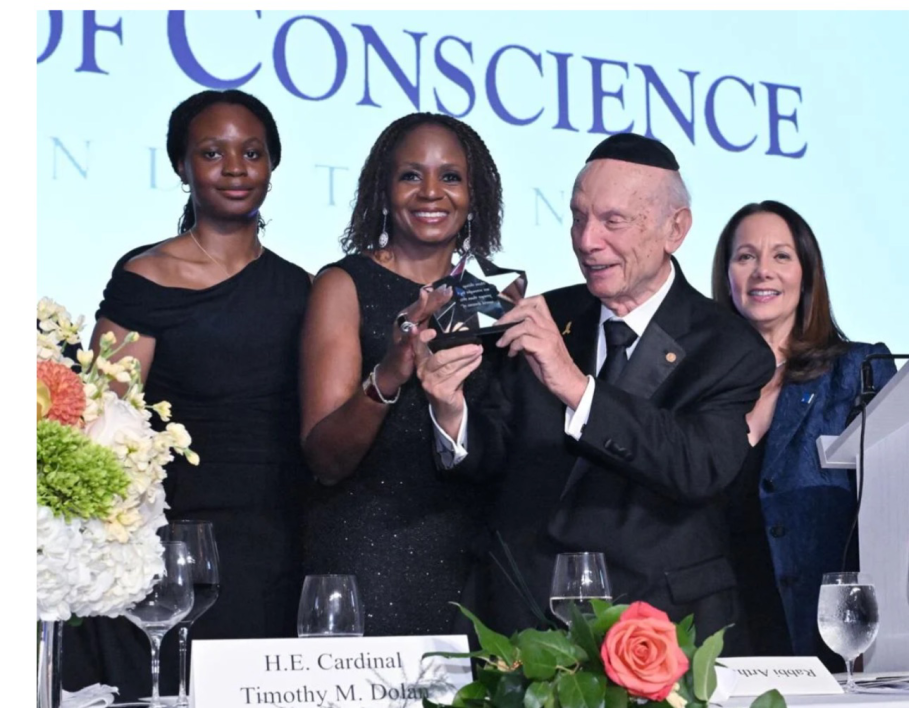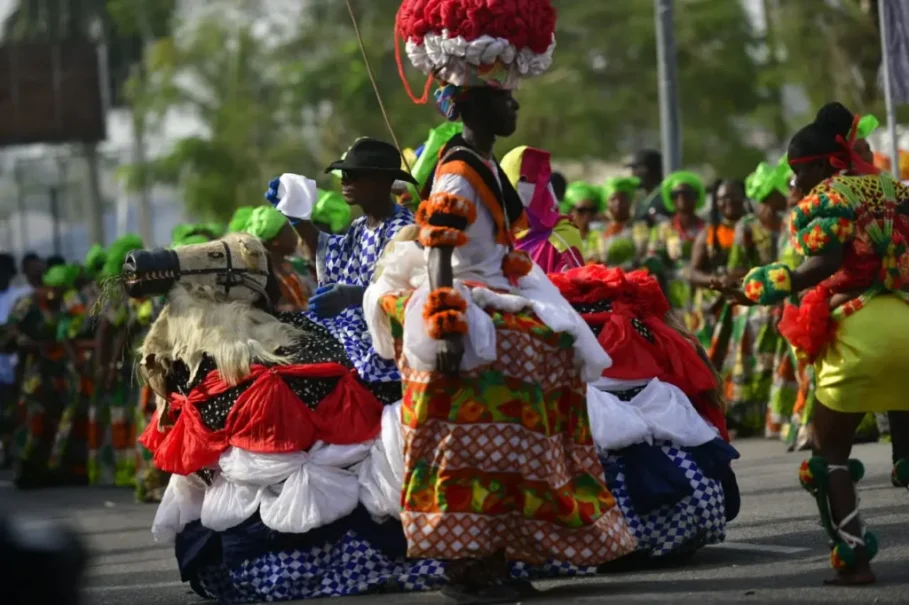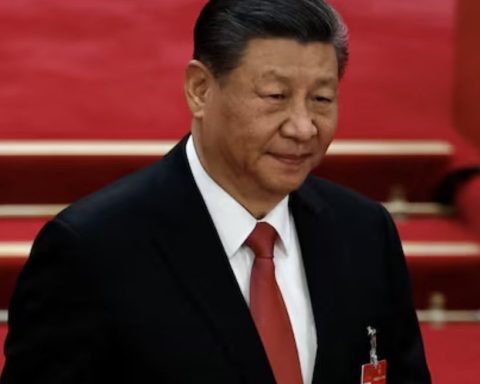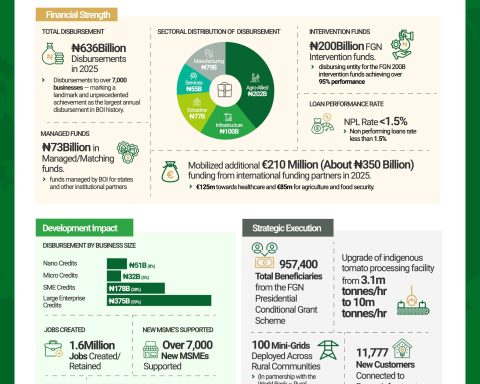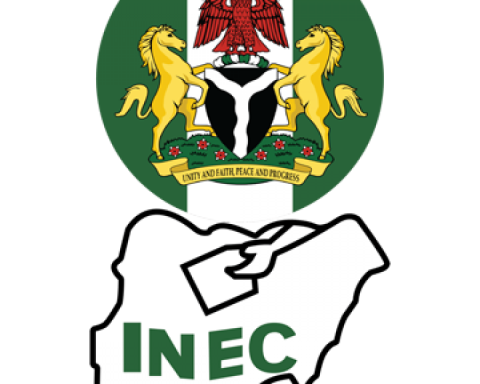A Nigerian Ijaw organisation has petitioned South African President Cyril Ramaphosa, demanding the release of Niger Delta militant leader Henry Okah, who has been serving a 24-year prison sentence in South Africa since 2010.
Okah, 60, was convicted by a South African court over the October 1, 2010 car bombings in Abuja during Nigeria’s 50th independence anniversary celebrations. The twin blasts killed at least 12 people and injured dozens.
The Movement for the Emancipation of the Niger Delta (MEND), which he was widely believed to lead, claimed responsibility for the attack, describing it as a protest against government neglect of the oil-rich region.
In its petition, the Ijaw Nation Forum (INF), a group representing the Ijaw ethnic nationality at home and abroad, described Okah’s incarceration as a miscarriage of justice. It called for his “prompt, unconditional and safe release,” arguing that South Africa’s prosecution was unlawful since Nigeria did not formally lodge a complaint.
Join our WhatsApp Channel“The arrest, trial and imprisonment of Mr. Okah constitute a hostile and unwarranted intervention by South Africa in an armed conflict that unfolded within Nigerian territory,” the group stated.
The petition was signed by leading Niger Delta figures including Alfred Diette-Spiff, the traditional ruler of Brass and a former Rivers State governor, and Felix Tuodolo, a founding member of the Ijaw Youth Council. It was submitted on behalf of the forum to the South African Presidency by Kabowei Akamande, an Ijaw activist based in the United States.
READ ALSO: We’re Part Of Igbo Nationality, Indigenous Igbo Council Counters Ijaw People’s Congress’ Claim
Niger Delta Is A Privatised And Sacrificed Zone
The Ijaw group claimed Okah was wrongfully arrested by South Africa’s Directorate of Priority Crimes (the Hawks) under the Protection of Constitutional Democracy Against Terrorist and Related Activities Act (POCDATARA). They argued that under the law, only Interpol had the authority to carry out such an arrest.
The petition further alleged that in his 15 years in custody, Okah has suffered “extreme psychological and physical torture,” leaving him with lasting facial deformities, while his family has faced harassment and loss of property.
The INF also drew parallels with South Africa’s anti-apartheid struggle, criticising the African National Congress (ANC) government for siding with “the suppression of the oppressed people of the Niger Delta.”
“We find it both ironic and egregious that an ANC government, which itself is a product of armed struggle, is complicit in the repression of Niger Delta people,” the petition said. “Consider, for a moment, how it would appear if the leader of Umkhonto we Sizwe had been arrested and tried in another African country for actions taken during apartheid.”
While stressing that it does not condone violence, the group defended Okah’s militancy as part of the Niger Delta’s longstanding struggle for self-determination, environmental justice and a fair share of oil revenues.
The petition renews focus on the unresolved grievances in Nigeria’s oil-producing region, where militancy and agitation for resource control have periodically threatened national oil output.
By taking the case to Ramaphosa, the Ijaw group is not only challenging the legitimacy of Okah’s conviction but also reviving wider questions about how Nigeria addresses dissent in the Niger Delta a region whose stability remains critical to the country’s economy.
Amanze Chinonye is a Staff Correspondent at Prime Business Africa, a rising star in the literary world, weaving captivating stories that transport readers to the vibrant landscapes of Nigeria and the rest of Africa. With a unique voice that blends with the newspaper's tradition and style, Chinonye's writing is a masterful exploration of the human condition, delving into themes of identity, culture, and social justice. Through her words, Chinonye paints vivid portraits of everyday African life, from the bustling markets of Nigeria's Lagos to the quiet villages of South Africa's countryside . With a keen eye for detail and a deep understanding of the complexities of Nigerian society, Chinonye's writing is both a testament to the country's rich cultural heritage and a powerful call to action for a brighter future. As a writer, Chinonye is a true storyteller, using her dexterity to educate, inspire, and uplift readers around the world.


